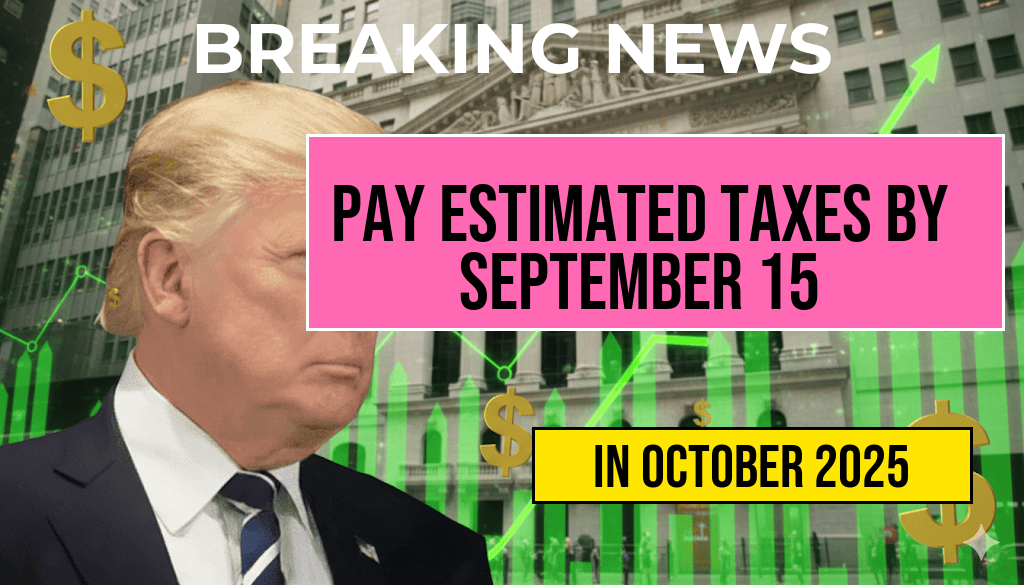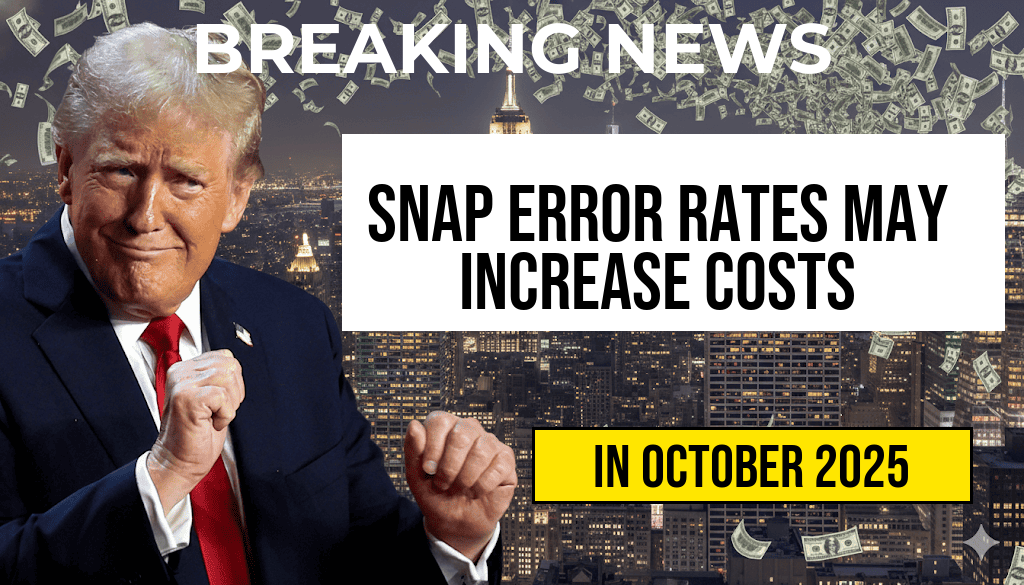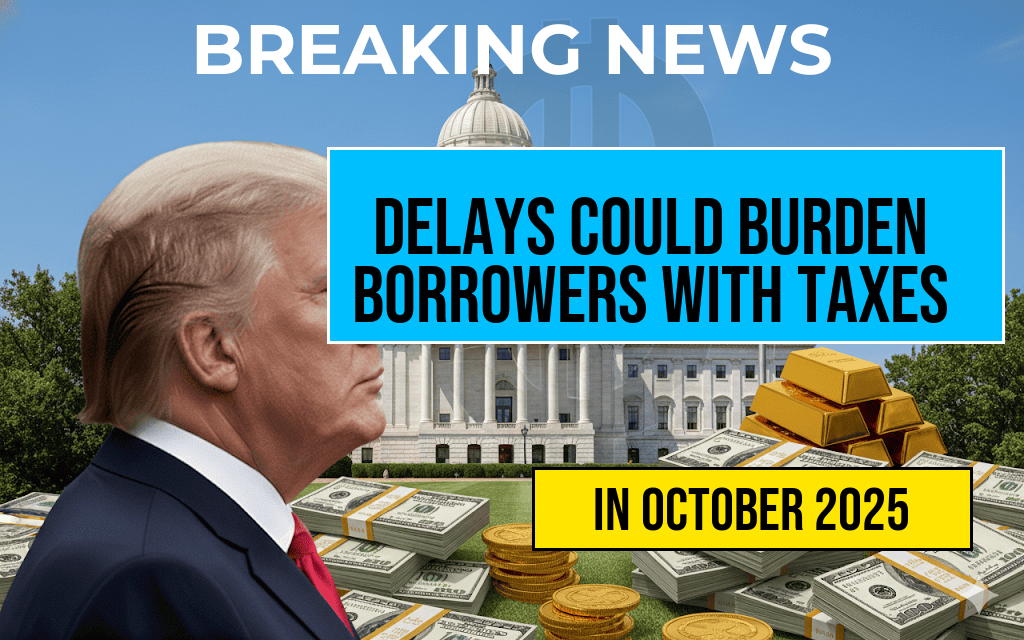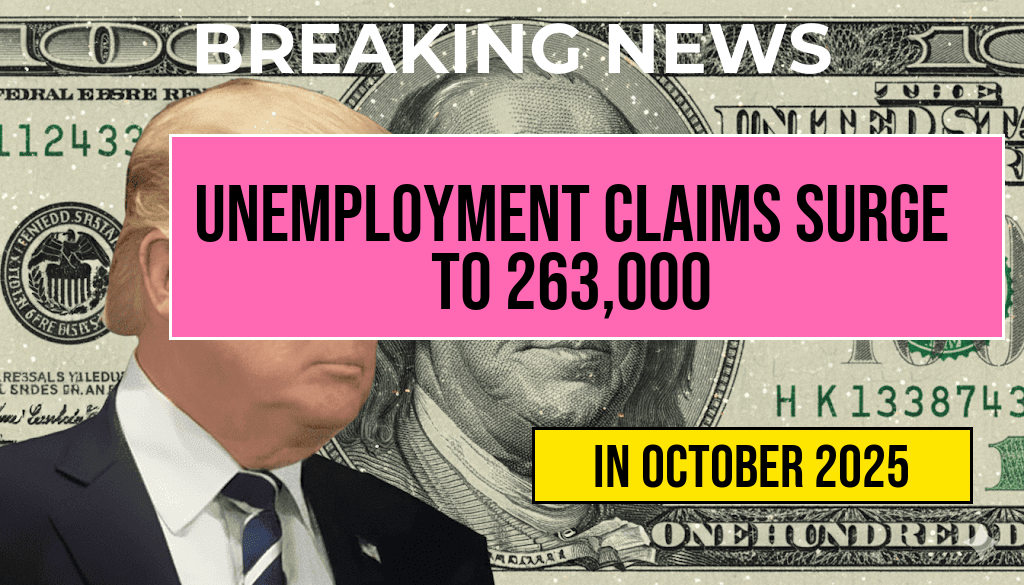Borrowers across the United States may soon face significant financial burdens due to potential delays in federal student loan relief programs, according to a recent lawsuit filed by a coalition of advocacy groups. The lawsuit alleges that these delays could lead to substantial tax liabilities for individuals already struggling with the financial impact of student debt. As the Biden administration implements changes to federal student loan policies, the uncertainty surrounding repayment timelines and tax implications has left many borrowers anxious about their financial futures.
Understanding the Concerns
The lawsuit, initiated by organizations such as the National Consumer Law Center and the Student Borrower Protection Center, highlights that the lack of clarity regarding the timeline for relief initiatives could inadvertently result in borrowers facing unexpected tax bills. With the end of the student loan payment pause looming, borrowers are increasingly concerned about how these changes will affect their financial obligations.
Potential Tax Implications
At the heart of the issue is the potential for a significant tax burden if borrowers are unable to secure relief before the end of the current tax year. The lawsuit emphasizes that many borrowers may not be prepared for the financial repercussions that could arise from delayed relief programs. According to tax professionals, borrowers may find themselves liable for taxable income if their loans are forgiven or canceled but not properly accounted for within the tax year.
- Loan Forgiveness Programs: Current programs like Public Service Loan Forgiveness (PSLF) and Income-Driven Repayment (IDR) could result in tax liabilities if not executed within the right timeframe.
- Delayed Relief: The potential backlog in processing applications for forgiveness could leave borrowers in a precarious position, facing taxes on debt they believed would be erased.
- Financial Preparedness: Many borrowers are not financially equipped to handle unexpected tax bills, especially in the wake of a prolonged payment pause.
Advocacy Groups’ Position
Advocacy groups argue that the federal government has a responsibility to provide clear communication and timely action regarding student loan relief. They point out that many borrowers have already experienced significant financial strain during the pandemic, and adding the threat of large tax bills could exacerbate existing hardships. The lawsuit requests that the court compel the Department of Education to expedite the processing of loan forgiveness applications and offer clearer timelines for borrowers.
Federal Response and Future Steps
In response to the growing concerns, the Department of Education has stated that it is actively working to ensure that borrowers receive the relief they are entitled to. Officials emphasize the importance of transparency and are committed to keeping borrowers informed about changes to their repayment options. However, the timeline for implementing these changes remains unclear, leaving many borrowers in a state of uncertainty.
As the situation develops, borrowers are encouraged to stay informed about their options and to consult with financial advisors regarding potential tax implications. Resources such as the Forbes article on student loan forgiveness provide insights into how borrowers can prepare for potential tax bills related to loan forgiveness.
Looking Ahead
The lawsuit serves as a critical reminder of the complexities surrounding federal student loan policies and the potential repercussions for borrowers. As the legal proceedings unfold, the impact on borrowers remains to be seen. Advocates hope that the case will prompt quicker actions from the government to alleviate the burden on those struggling with student debt.
As the deadline for resuming student loan payments approaches, borrowers must remain vigilant and proactive in understanding their rights and responsibilities. With potential tax implications becoming a pressing concern, now is the time for individuals to seek clarity and prepare for the financial challenges ahead.
For more information on student loan relief and related tax implications, you can refer to the Wikipedia page on Public Service Loan Forgiveness and the Student Loan Hero guide on taxes and loan forgiveness.
Frequently Asked Questions
What are the potential consequences of delays in loan processing for borrowers?
Delays in loan processing can lead to significant tax bills for borrowers, as they may miss crucial deadlines for tax payments or benefits. This can result in unexpected financial burdens that could impact their overall financial stability.
Who is warning about the tax implications associated with loan delays?
A recent
How do delays in loan processing affect tax liability?
When loan processing is delayed, borrowers might not receive the necessary funds in time, leading to missed tax payments or penalties. This could increase their tax liability and create a cascade of financial difficulties.
What steps can borrowers take if they experience delays in their loan processing?
Borrowers experiencing delays should communicate with their lenders immediately to understand the reasons for the hold-up and explore options for expediting the process. Additionally, consulting a tax professional may help mitigate potential tax issues.
Are there any legal recourse options for borrowers facing tax bills due to loan delays?
Yes, borrowers may have legal options available, such as filing a lawsuit against the lender for damages incurred due to the delays. It is advisable for borrowers to seek legal counsel to discuss their specific situation and potential remedies.











